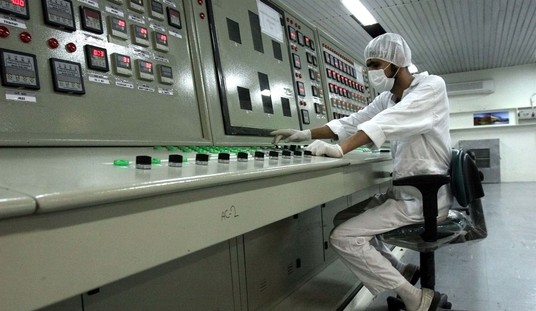Writing in an op-ed that appeared Nov. 30 in the San Jose (Calif.) Mercury News, USCIRF commissioners Richard Land and Azizah Y. al-Hibri acknowledged "some positive steps" by Burma's new civilian government but said conditions for religious adherents had not improved "by any measurable degree."
After meeting Dec. 1 with Burmese President Thein Sein and other senior government officials, Clinton expressed hope but caution about developments in the Asian country.
Burma, now officially named Myanmar, has had one of the world's worst records on human rights for decades. The military regime that has ruled the country for nearly 50 years "has repressed democracy, denied ethnic and cultural rights, displaced hundreds of thousands, and used rape, torture, forced labor, conscription of child soldiers and extrajudicial killings to 'pacify' its people," Land and al-Hibri wrote in their op-ed. Land is president of the Southern Baptist Convention's Ethics & Religious Liberty Commission.
The U.S. State Department has named Burma as one of only eight "countries of particular concern," a designation reserved for the world's worst violators of religious freedom.
This fall, the civilian government took some positive steps on human rights, including the release of 1991 Nobel Peace Prize winner and democracy leader Aung San Suu Kyi from house arrest and 200 other prisoners of conscience. Most observers still believe the military maintains control, however, Land and al-Hibri said.
Recommended
Despite the recent acts signaling reform, repression of Christianity, Islam and Buddhism continues, they said. Land and al-Hibri cited a Nov. 6 raid by soldiers of a church in the state of Kachin in which 50 members were taken for forced labor and women reportedly were raped. New regulations requiring religious groups to receive permission for such practices as Bible reading and prayer were issued in October, they said.
Land and al-Hibri, a Muslim lawyer, applauded the Obama administration's effort to evaluate Burma's progress on reform but said it should proceed cautiously. They said the United States should call on the Burmese government to demonstrate its commitment to reform by taking concrete steps, such as:
-- The release of "all political and religious prisoners."
-- An "immediate cease-fire in ethnic minority areas."
-- A "commitment to improve its human rights record."
Progress in religious liberty "should be a critical benchmark" in determining Burma's commitment to authentic reform, Land and al-Hibri said.
They also said the United States and the global community should continue political and economic sanctions until Burma provides evidence it is changing.
Speaking to reporters Dec. 1 in the Burmese capital of Nay Pyi Taw, Clinton said she told Sein "while the measures already taken may be unprecedented and certainly welcome, they are just a beginning. It is encouraging that political prisoners have been released, but over a thousand are still not free. Let me say publicly what I said privately earlier today. No person in any country should be detained for exercising universal freedoms of expression, assembly and conscience.
"President Obama spoke of flickers of progress ," Clinton said. "Well, we know from history that flickers can die out. They can even be stamped out. Or they can be ignited. It will be up to the leaders and the people to fan those flickers of progress into flames of freedom that light the path toward a better future. That and nothing less is what it will take for us to turn a solitary visit into a lasting partnership."
Clinton announced some actions the Obama administration would be taking, including increasing aid to civil society groups that provide for such needs as health care and microcredit in Burma.
After meeting with Clinton Dec. 2 at her Rangoon home, Suu Kyi acknowledged Burma is not on the "road towards democracy" yet, but said, "e hope to get there as soon as possible with the help and understanding of our friends ."
The U.S. Commission on International Religious Freedom is a bipartisan panel that advises the White House, State Department and Congress on the status of religious freedom overseas. Its nine members are selected by the president and congressional leaders.
Tom Strode is the Washington bureau chief for Baptist Press.
Get Baptist Press headlines and breaking news on Twitter (@BaptistPress), Facebook (Facebook.com/BaptistPress) and in your email (baptistpress.com/SubscribeBP.asp).
Copyright (c) 2011 Southern Baptist Convention, Baptist Press www.BPNews.net
























Join the conversation as a VIP Member